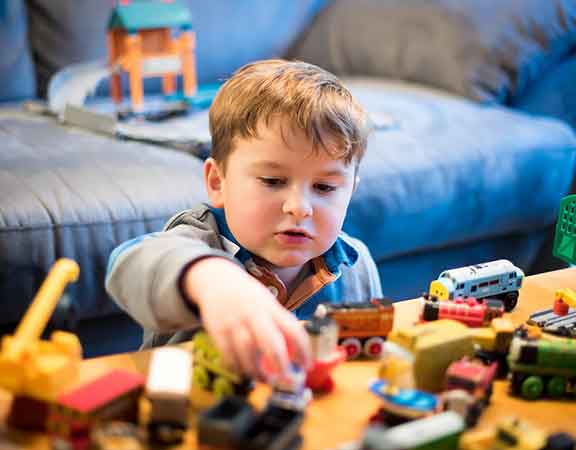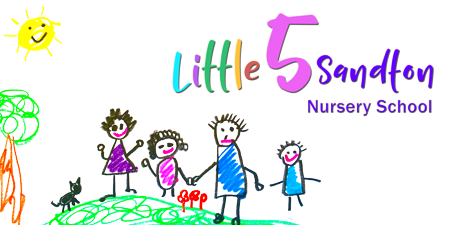Early childhood is the most rapid period of development in a human life.
The early years from birth are critical to the complete and healthy cognitive, emotional and physical growth of children and has a direct effect on their overall development and on the adult they will become. Early Childhood Development (ECD) refers to the physical, cognitive, linguistic, and socio-emotional development of a child from the prenatal stage up to age of eight years old.
Children develop skills in five main areas of development:
- Cognitive Development. (Ability to learn and solve problems.)
- Social and Emotional Development.
- Speech and Language Development.
- Fine Motor Skill Development.
- Gross Motor Skill Development.
Four cognitive stages of childhood development
- Sensorimotor Stage. (Birth through about 2 years.)
- Preoperational Stage. (Ages 2 through 8.)
- Concrete Operational Stage. (Ages 8 through 11.)
- Formal Operational Stage. (Ages 11 and older.)
The four principles of the EYFS (Early Years Foundation Stage) are:
- Every child is a unique child, who is constantly learning and can be resilient, capable, confident and self-assured
- Children learn to be strong and independent through positive relationships
- Children learn and develop well in enabling environments, in which their experiences respond to their individual needs and there is a strong partnership between practitioners and parents and/or carers; and
- Children embrace learning and development in different ways and at different rates. The framework covers the education and care of all children in early years provision, including children with special educational needs and disabilities.
source: http://www.earlychildhoodnews.com/earlychildhood/articles.aspx?ArticleID=168


